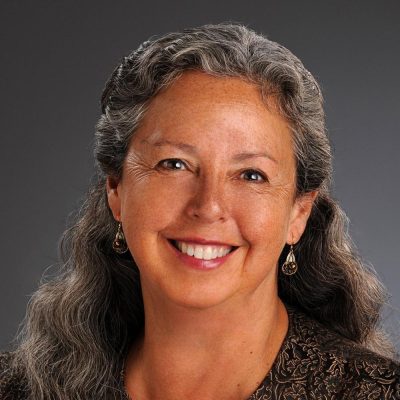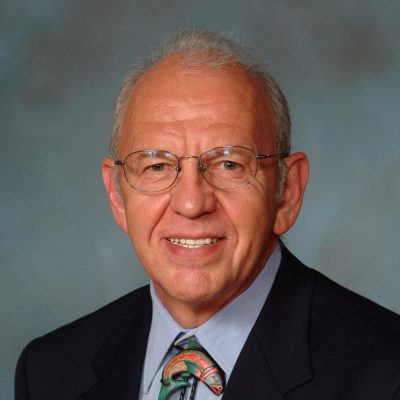
Director of the Indigenous Leadership Program
Map of the Oregon Territory. Source: New York: J.H. Young: Sherman & Smith, (1844).
In addition to the recording of the briefing below, you will find a range of supplemental resources to deepen your understanding of Indigenous leadership, leaders, and communities, including the tribes of our speakers.
Wednesday, December 15, 2021
In the mid-1800s, many Northwest tribes signed treaties to reserve an area of their traditional homeland for their perpetual use. Using the Walla Walla Treaty Council as the setting, Roberta “Bobbie” Conner (Nez Perce/Cayuse) will explore the circumstances and significance of the Confederated Tribes of the Umatilla Indian Reservation’s Treaty of 1855. What happened at the Treaty Council? Who was there? What was said? And, most important of all, what did tribal leaders of the 1850s have to consider and negotiate to ensure a future for their people? Next, W. Ron Allen (Jamestown S’Klallam) will discuss the challenges Indigenous leaders have faced over time, the current issues, and what the future might hold for tribal nations.
“
This was extremely educational. As an Indigenous person myself, I gained so much from that hour.”
— Negotiating a Future Briefing attendee
Download a transcript of commentary from our panelists.
video
Roberta (Bobbie) Conner – Interviews with the Confluence Project
The river Bobbie refers to in these videos is the Columbia River, one of the great waterways of the North American continent, or Turtle Island, and the home of Indigenous peoples since the beginning of time.
Intestinal Fortitude (2019) (2:24)
American Policies of Divide and Conquer (2019) (1:35)
The Extinguishing of Property Rights (2019) (1:42)
Video
KIRO 7 (October 16, 2021)
Reading
Colin G. Calloway (2018). Oxford University Press.
Reading
Edited by Jennifer Carson (2006). University of Washington Press.
Reading
Eugene S. Hunn (2015). Tamástslikt Cultural Institute.
Reading
Reading
Reading
Robin Wall Kimmerer (2015). Milkweed Editions.
Website
Website
Website
Website
A state-tribal government-to-government relations law, the first in the U.S.
Please learn more about and consider financially supporting the following nonprofits Bobbie and Ron champion:
Sequim, WA
Pendleton, OR
Pendleton, OR

“
Native people were not merely victims of colonialism. They have taken agency over their fate since that time, and continue to do so.
—ROBERTA “BOBBIE” CONNER
Roberta “Bobbie” Conner is the executive director of the Tamástslikt Cultural Institute, the award-winning museum and research institute of the Confederated Tribes of the Umatilla Indian Reservation near Pendleton, Oregon. Bobbie is a leader in the national museum community, a noted historian, and committed horsewoman. She was the 2007 ILA Awardee.

“
Tribal nations are thriving in many instances, and can be, will be, a model to the rest of the country for societal, environmental, economic health.
—W. Ron Allen
W. Ron Allen is the CEO of the Jamestown S’Klallam Tribe, which is located on the Olympic Peninsula in Washington state. He is a past president of the National Congress of American Indians and the Affiliated Tribes of Northwest Indians. Ron has served on numerous federal and state advisory boards, covering a multitude of issues important to Native peoples. Ron was the 2005 ILA Awardee.

Blog
Recordings and resources from the second of four virtual briefings on Indigenous Leadership.

Blog
Recordings and resources from the third of four virtual briefings on Indigenous Leadership with Nicole Borromeo and Joe Nelson presenting.

Blog
Recordings and resources for the final of four virtual briefings on Indigenous Leadership with Dave Tovey and Robert Miller presenting.